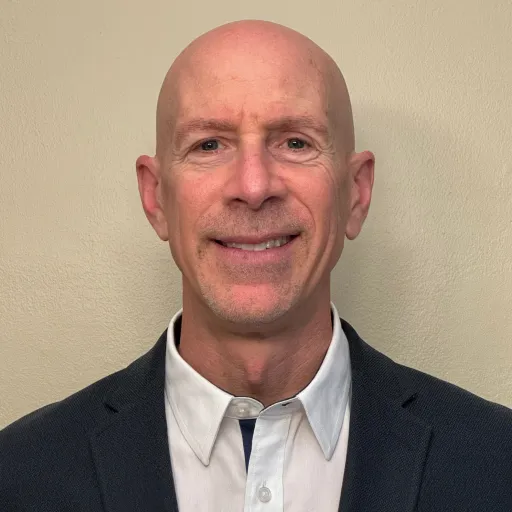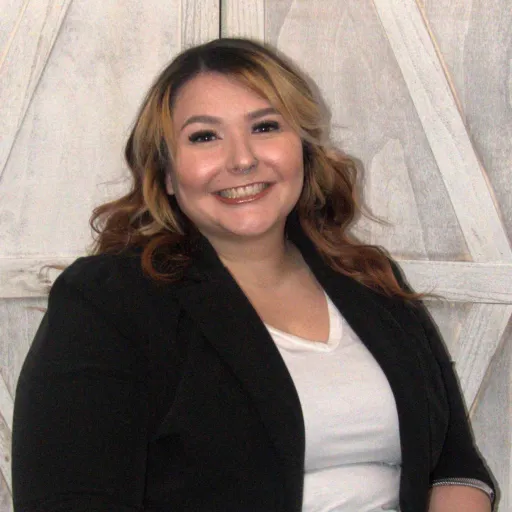
Why Does My Mother Abuse Me? Understanding Maternal Abuse
Experiencing abuse from your mother can be incredibly confusing and painful. You may be asking yourself, “Why does my mother abuse me?” It’s important to understand that there is never a justification for abuse, and you are not to blame. Maternal abuse, whether physical, emotional, or verbal, can leave deep scars. At Integrative Family Counseling in Dupage County, IL, we understand the complexities of this issue and offer compassionate support and therapy for individuals navigating this difficult experience.
The Complex Reasons Behind Maternal Abuse
Understanding why a mother might be abusive is complex. There is no single cause. Often, it’s a combination of factors. Some possible contributing factors include the mother’s own history of trauma or abuse, mental health challenges like depression or anxiety, substance abuse, difficulty managing stress, or a lack of support. It’s crucial to remember that these factors do not excuse the abusive behavior, but they can provide some context. Signs of repressed trauma
Types of Maternal Abuse
Maternal abuse can take many forms. Physical abuse involves any type of physical harm, such as hitting, slapping, pushing, or throwing objects. Emotional abuse is often more subtle, but its effects can be just as damaging. It can include constant criticism, belittling, name-calling, manipulation, control, isolation, and threats. Verbal abuse involves the use of harsh words to demean, criticize, or threaten the victim. It can include yelling, name-calling, and using sarcasm to hurt. Sometimes, abuse can be a combination of these forms.
The Impact of Maternal Abuse
The impact of maternal abuse can be profound and long-lasting. It can lead to a range of mental health issues, including anxiety, depression, PTSD, low self-esteem, and difficulty forming healthy relationships. Children who experience maternal abuse may struggle with trust, intimacy, and emotional regulation. The effects can continue into adulthood, impacting their sense of self and their ability to thrive. Family conflict management
Breaking the Cycle of Abuse
Breaking the cycle of abuse is essential. If you have experienced maternal abuse, seeking therapy can be a crucial step in your healing journey. Therapy can provide a safe space to process your experiences, understand the dynamics of abuse, and develop healthy coping mechanisms. It can also help you address any resulting mental health issues and build resilience. Remember, you deserve to heal, and you are capable of creating a better future for yourself.
Setting Boundaries and Seeking Support
Setting boundaries with an abusive mother can be challenging, but it is essential for your well-being. This might involve limiting contact, refusing to engage in arguments, or seeking support from other family members or friends. Learning to manage stress from parental conflict
Healing from Maternal Abuse
Healing from maternal abuse is a journey, not a destination. It takes time, courage, and self-compassion. Be patient with yourself and allow yourself to feel your emotions. It’s okay to grieve the mother you wish you had. Therapy can be a valuable tool in this process, helping you to understand your experiences, develop coping strategies, and reclaim your life. Remember, healing is possible.
You Are Not Alone in Your Struggle
If you are experiencing maternal abuse, please know that you are not alone. Many individuals have experienced similar situations, and there is support available. Reaching out for help is a sign of strength, not weakness. Integrative Family Counseling in Dupage County, IL, offers compassionate and experienced therapists who can help you navigate this difficult journey. You deserve to be safe, supported, and loved.
Find A Therapist That Specializes In Family Conflicts and Abuse
Our compassionate therapists at Integrative Family Counseling understand the complexities of maternal abuse and offer a safe space for healing and support. We can help you process your experiences, develop coping strategies, and reclaim your life.

Precious Bradley
I bring a unique approach to my clinical work, empathizing with vulnerability as a key aspect, complemented by a strong sense of empathy and curiosity. I have a deep passion for the therapeutic process and a firm believer in the transformative power of change. I have spent years working with folks who are struggling with many different mental health issues.
View Precious's Profile
Muhammad Noman Ahmed
Muhammad Noman Ahmed is a dedicated mental health therapist with a passion for helping individuals navigate life's challenges. Having transitioned from the corporate world to pursue his calling, his mission is to provide compassionate and effective therapeutic support to individuals, couples, families, and the LGBTQ community.
View Muhammad's Profile
Bret Bertrand
While we cannot change the difficult experiences from the past, we can strive together to understand and overcome any negative impact you currently have in your life. I believe together we can develop a path toward healing, health, and freedom to keep moving forward.
View Bret's Profile
Kyle Harris
I have served in a variety of roles within the mental health field, including private practice, juvenile detention, and school districts. Across each setting, I've remained committed to a person-centered approach, prioritizing strong, healthy relationships as the foundation for growth and progress.
View Kyle's Profile
Ashely Hartell
I believe that every person should talk with a therapist at least once in their lifetime. Everyone deserves to have a neutral party to listen to their stressor, and to help them develop healthy ways to cope.
View Ashely's ProfileInsurance Coverage Made Simple
We accept most major insurance plans and offer low self-pay rates to ensure quality care is accessible to everyone. Your well-being is our priority, and we're here to help regardless of your financial situation.
FAQ: Common Questions About Maternal Abuse
What are some signs of emotional abuse from a mother?
Is it common for mothers to be abusive?
What are the long-term effects of maternal abuse?
How can I cope with an abusive mother?
Can therapy help me heal from maternal abuse?
How can I find a therapist who specializes in family trauma?
What if my mother denies the abuse?
How do I know if I'm experiencing emotional abuse?
Related Articles

The Significance of the Family: Understanding Its Impact
Understand the significance of the family. It shapes individuals, relationships, and society.

Signs of Repressed Trauma in Adults: Identifying the Hidden Struggles
Repressed trauma in adults can lead to emotional, mental, and physical challenges. Understand the key signs of repressed trauma and how to seek help and support for recovery.

Top Family Reunion Games for 2025: Creating Memories With Fun Activities
Explore a variety of family reunion games for 2025, from easy indoor activities to competitive outdoor games.

Family Therapy Activities: Strengthen Your Bonds
Explore a range of family therapy activities that boost communication, build trust, and encourage understanding among family members. These activities can help families overcome challenges and strengthen their connections.




